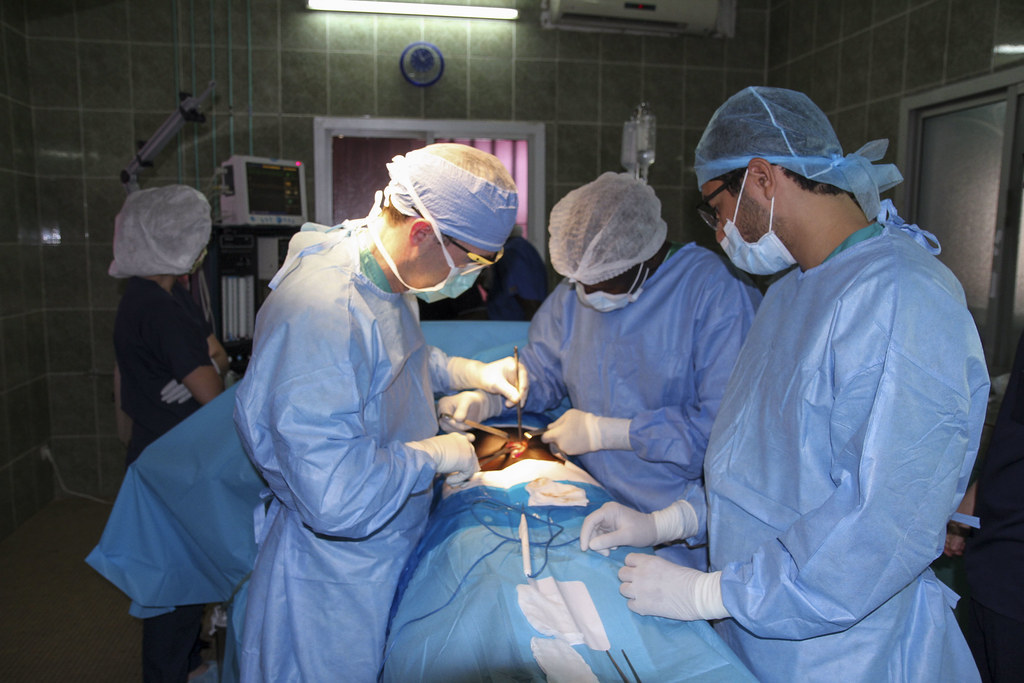A Urologist treats problems involving the urinary tract and male reproductive system. They receive advanced training to handle complex conditions. Patients often seek their help for pain, infections, or reproductive issues. Urologists guide patients through treatment with a clear and personalized approach.
Non-Surgical Options for Common Conditions
Urologists typically begin with non-surgical treatments to ease symptoms. These can include medications, lifestyle changes, and simple office procedures. The main goal is to improve quality of life without needing surgery. Many patients experience relief through these early, less invasive steps.
Medications play a key role in symptom control. Urologists may use antibiotics, hormone therapy, or drugs for bladder function. Lifestyle changes also contribute to long-term improvement. Adjustments in diet, fluid intake, and daily routines can greatly aid recovery.
Minimally Invasive Procedures
When medications and lifestyle changes fail, a urologist may recommend minor procedures. These treatments are less invasive and require no large incisions. A common method is shock wave therapy, which breaks kidney stones into smaller pieces. This technique avoids cutting the skin and allows for quicker recovery.
Urologists may also use scopes to treat urinary blockages or tumors. These procedures are often done in the office or outpatient settings. Minimally invasive options reduce downtime and discomfort for patients. They also help lower the risks linked to major surgery.
Surgical Solutions for Complex Cases
When other treatments do not work, surgery may be necessary to manage or correct certain urological conditions. Urologists select a surgical approach based on the specific type and severity of the patient’s condition. Robotic and laparoscopic surgeries use small instruments and allow for precise, controlled movements with reduced trauma. These advanced techniques often result in less pain, quicker recovery, and shorter hospital stays for most patients.
Minimally invasive surgeries are commonly used to treat cancers, urinary blockages, or damage to internal organs. However, in more serious cases involving large tumors or major structural problems, open surgery may still be required. Urologists perform these complex procedures with great care to avoid damaging nearby tissues or organs. Each surgical method is chosen with the goal of restoring health while minimizing risk and discomfort.
Personalized Care and Long-Term Support
Urologists treat each patient as unique, considering age, health, and lifestyle in every treatment plan. They explain the risks and benefits of all options. When cancer is present, they collaborate with a team of experts. Treatments may include surgery, chemotherapy, or radiation to remove cancer and aid recovery.
Patients should not ignore signs like blood in urine, pelvic pain, or bladder changes. Seeing a urologist early can lead to quicker relief. It also helps reduce the risk of serious complications. Urology care aims to restore comfort, confidence, and quality of life.
Consult a Urologist Today To Take Control of Your Health
Urologists offer both surgical and non-surgical care for urinary and reproductive issues. They focus on solving problems while keeping the patient’s needs in mind. By using advanced tools and clear communication, they help patients return to daily life with better health and peace of mind.





Leave a Reply